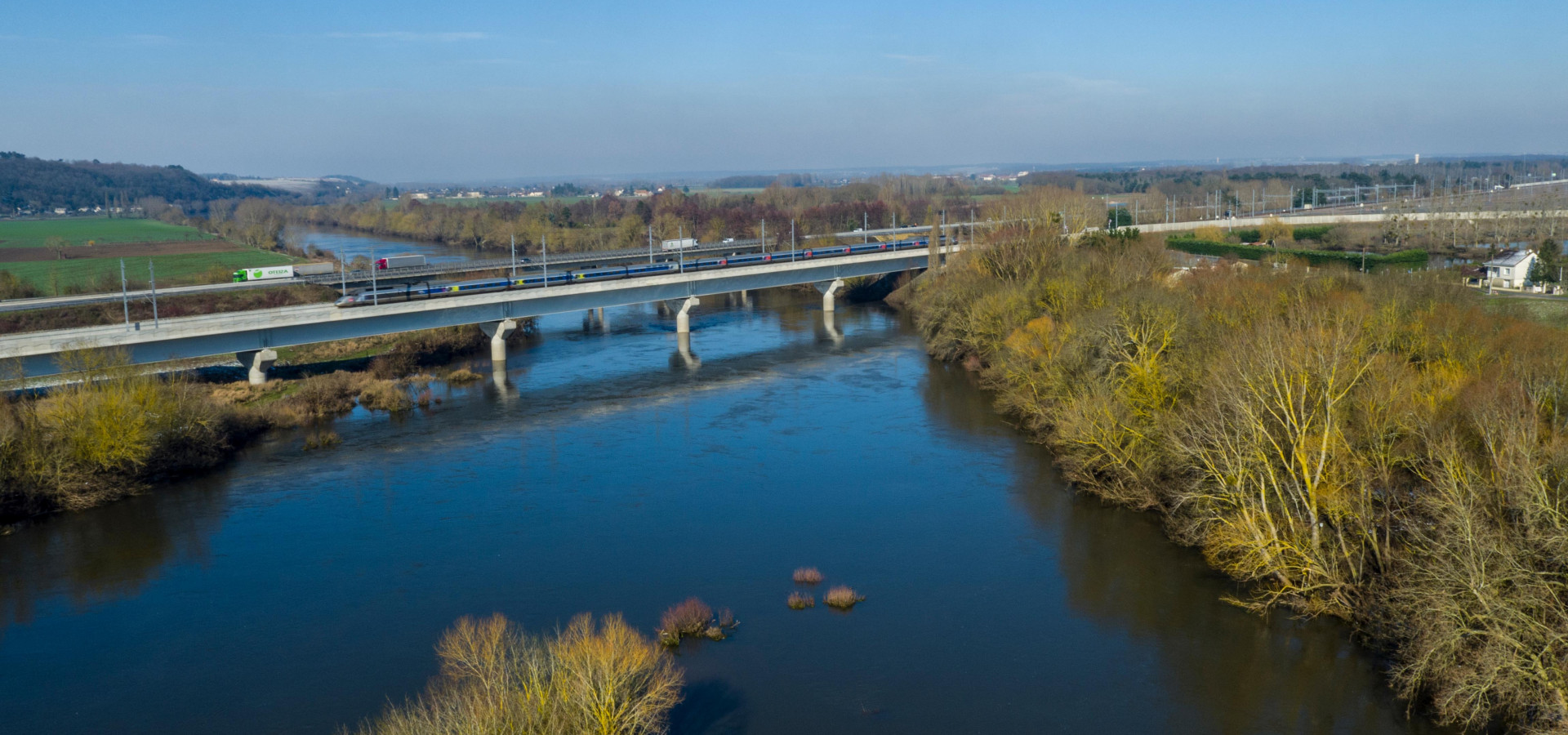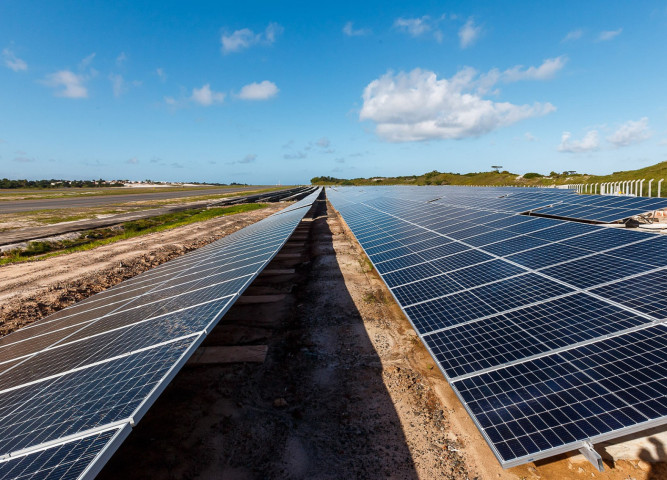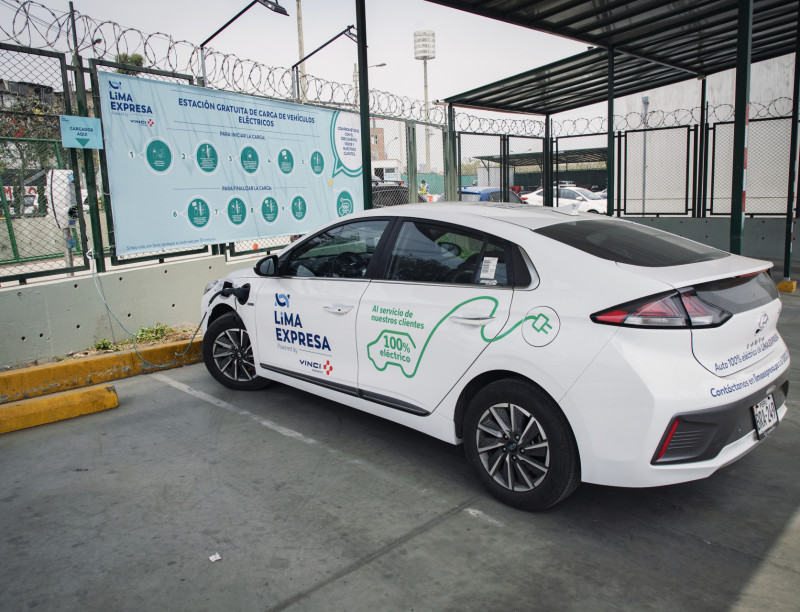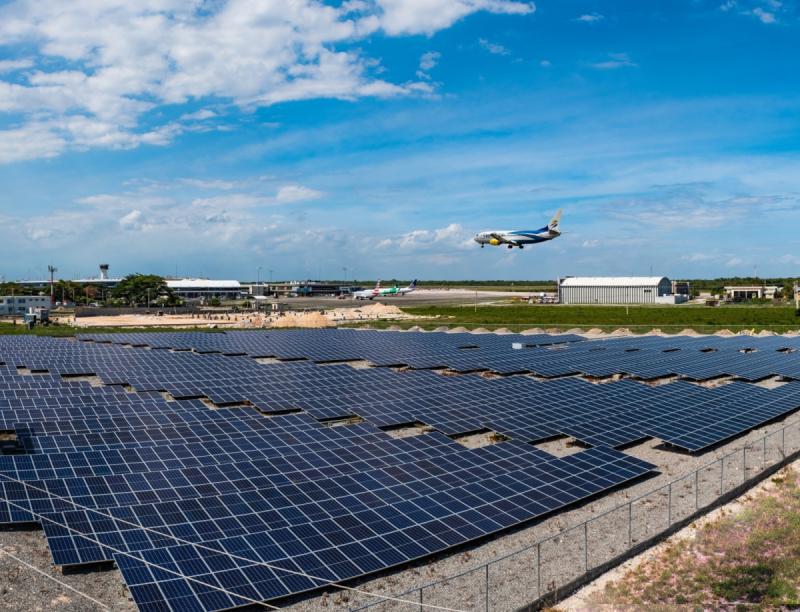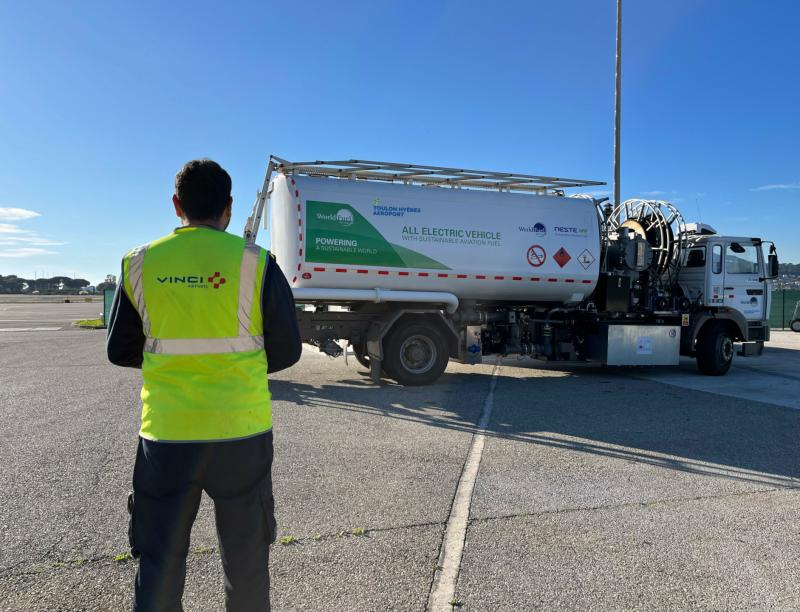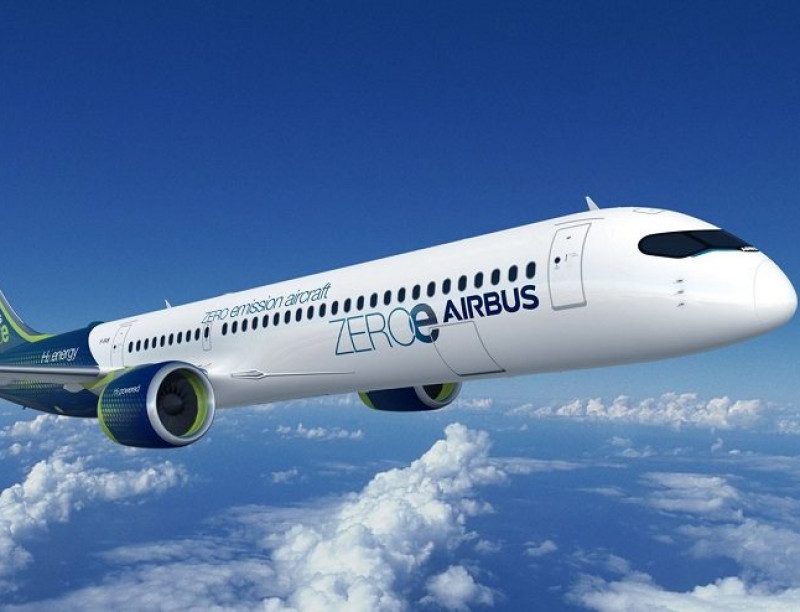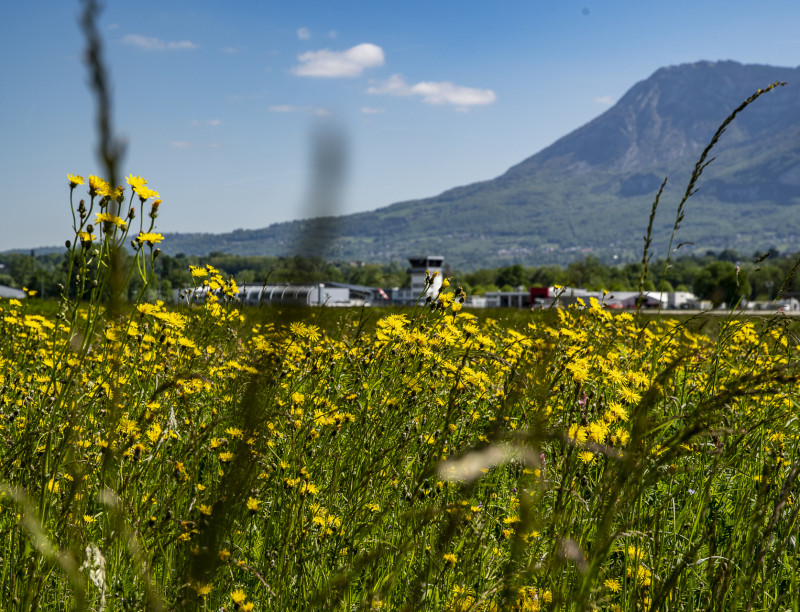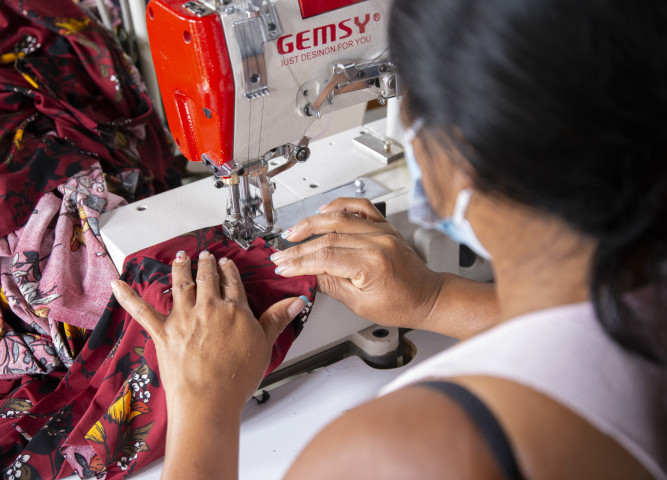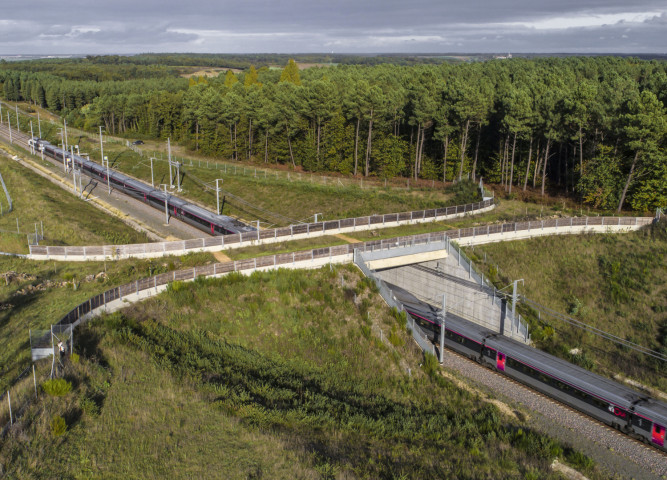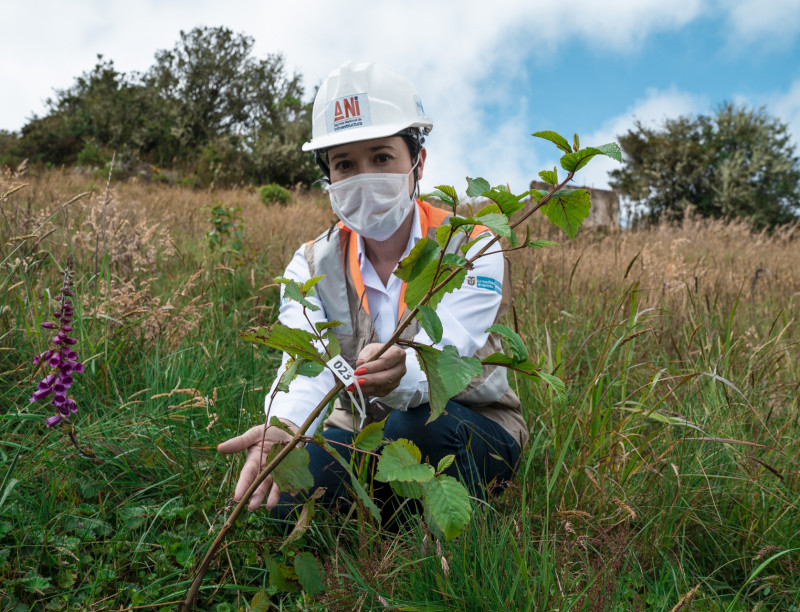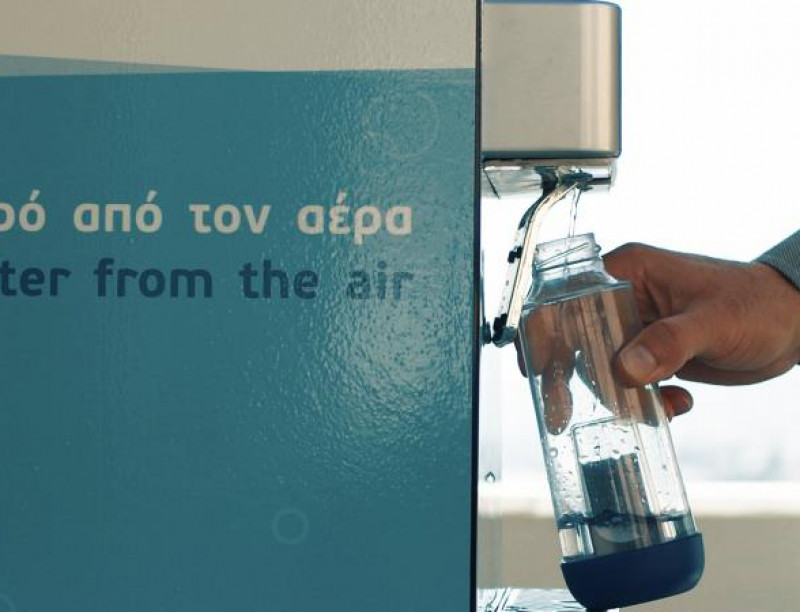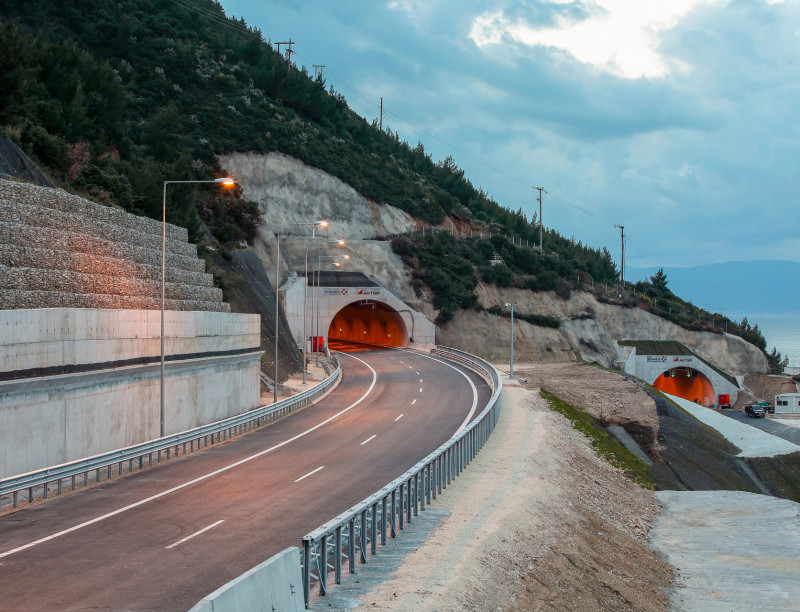
Implementation of adaptive energy efficient & LED lighting technologies
We are committed to increase our energy efficiency by using state-of-the-art lighting technologies. Therefore, we install LED lamps for the lighting of our rails, motorways and airports. Along all the roads and tunnels operated within our network (+ 3,360 km), 49% of the lighting is already LED.
At Olympia Odos motorway, a member of the VINCI Highways network, we went a step further with the implementation of a smart, adaptive lighting system for the streetlights. Traffic counters, weather stations, cameras, computer vision, AI and prediction algorithms enable to consume no more than ¼ of the 2020 energy consumption, thus reducing approximately 5,000 Tons of CO2 emissions per year.
